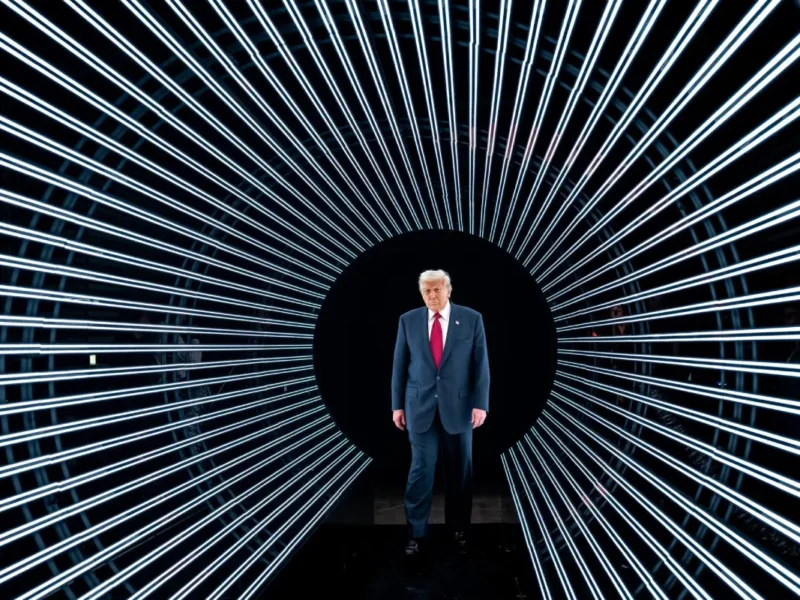
US Reacting to Snubs From Saudi, Looks at a Future Without OPEC
BY ASAD MIRZA
After working on devising methods to counter move OPEC (Organization of the Petroleum Exporting Countries), US lawmakers have at last succeeded in bringing about a legislation, which could effectively counter the OPEC hegemony and any challenge to American authority on global issues.
The on-going Russia-Ukraine war was the key element influencing the US lawmakers in coming together to formulate a piece of legislation, which could effectively handle any actions by the powerful OPEC lobby, both within and outside America.
NOPEC Explained
A US Senate committee on May 5 passed a bill, which could expose the OPEC member states to lawsuits for collusion on boosting crude oil prices internationally besides controlling the production levels by them. The latest bill was moved by senators, Republican Chuck Grassley and Democrat Amy Klobuchar, and was passed 17-4 by the Senate Judiciary Committee.
The bipartisan bill, the “No Oil Producing and Exporting Cartels Act of 2021” or “NOPEC”, may strip OPEC and its member states owned oil companies from sovereign immunity that has protected them from lawsuits for decades. This means that oil states would no longer be immune from the jurisdiction of the US courts if they breach terms of the bill, if it finally turns into a law.
Now, the bill must pass the full Senate and House and be signed by President Joe Biden to become law. If passed, the US attorney general would be able to sue OPEC or its members, such as Saudi Arabia, in US federal courts. Other producers like Russia, which works with OPEC in wider group known as OPEC+ to withhold output, could also be sued.
Overall, not every US politician seems to be in favor of the bill, and it may face hurdles in the Senate and House. Republican Senator John Cornyn, from TX, the top oil producing state in the US, opposed the bill, saying it could prompt OPEC to restrict shipments to the US and urges the US companies to produce more oil and gas in America. This completely goes against the US policy of hoarding its reserves and restricting the extraction of petroleum in the US, keeping an eye on the long-term energy scenarios. American Petroleum Institute, the top US oil and gas lobbying group also opposes NOPEC.
What led to NOPEC?
Saudi Arabia and several other OPEC producers have recently rebuffed requests by the US and other European countries to boost oil production beyond gradual amounts, faced with falling Russian supply after its invasion of Ukraine and sanctions imposed against it.
OPEC, which cut production when oil prices crashed to historic lows during the Covid pandemic due to decreased oil demand, agreed on May 5 to stick to its existing plans to reverse the curbs with modest increases for another month.
Basically, NOPEC is intended to protect US consumers and businesses from artificial spikes in the cost of petroleum, but some analysts warn that implementing it could also have some dangerous unintended consequences.
In 2019, Saudi Arabia threatened to sell oil in currencies other than the dollar if Washington passed NOPEC, a move that could undermine the dollar’s status as the world’s main reserve currency, reducing Washington’s clout in global trade and weaken its ability to enforce sanctions on nation states.
Meanwhile, analysts caution that NOPEC could ultimately harm domestic energy companies more. Saudi and OPEC members produce oil much more cheaply than the US companies and if they are forced to flood global markets with more production, then the US oil companies may take a hit.
OPEC is often labelled as a cartel, as its members account for around 40 per cent of the world’s crude oil output, about 60 per cent of the internationally traded petroleum is from OPEC and they also possess over 80 per cent of the world’s proven oil reserves.
The NOPEC bill, when enacted, may immediately and dramatically inhibit actions or statements from OPEC specifically from its de facto leader Saudi Arabia. It would also straightaway leave Saudi Arabia and its oil entity ARAMCO open to being sued under the US anti-trust legislation and may impact its future investments in the US.
Why now?
The Saudi Crown Prince MBS and UAE’s Crown Prince MBZ have snubbed the Biden administration repeatedly, after their refusal to take calls by the US President to help reduce the prices of oil at the international level. So NOPEC has been rushed through to get back at these two princes particularly and the way the US moves, a much larger action against these middle eastern countries may take place after the end of the Russia-Ukraine war.
Ultimately, it could be seen as a move by the US administration to strike back at its previous friends turned foes, who on their part are focused on their internal affairs rather than being seen as being bowed down under the US pressure, thus losing their allegiance at home and status at the international level.



